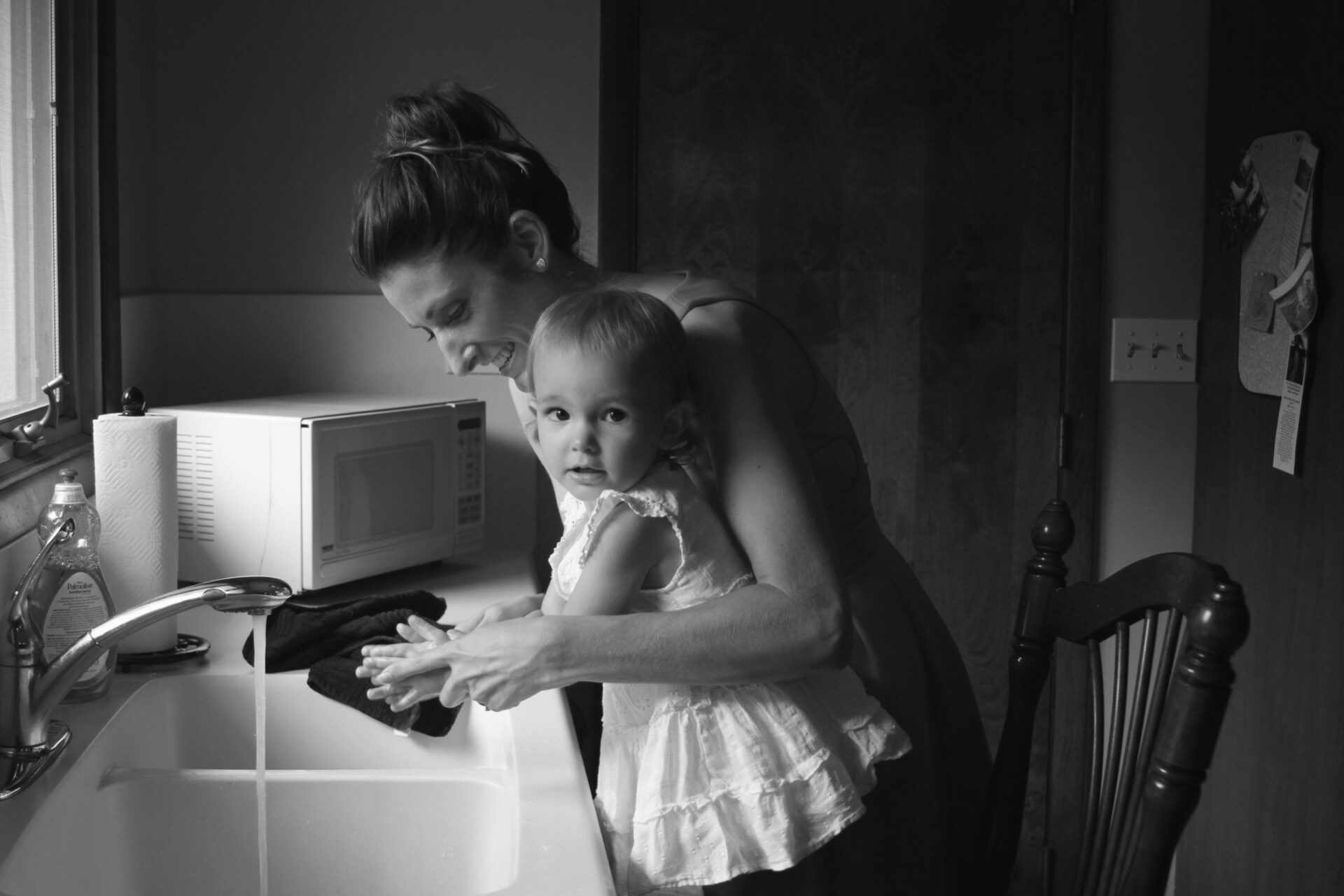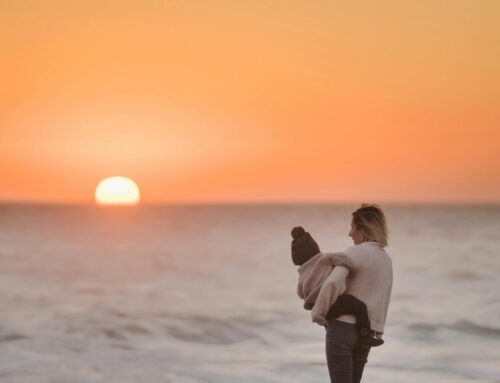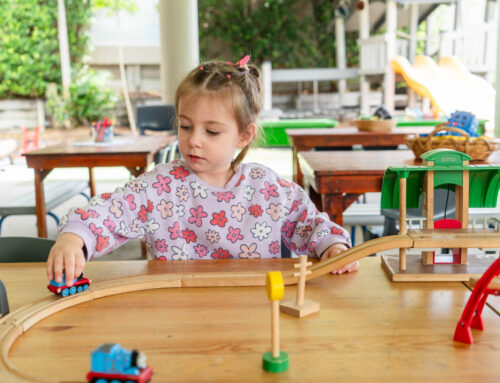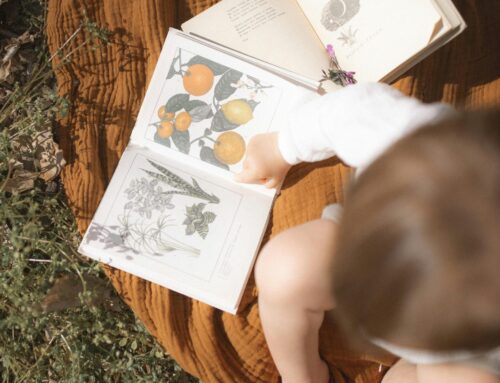By Emma Thomas – Full-time mum of a one-year-old, part-time blogger and writer, with a background as a Kindy Teacher/Director
Despite there being so much information on the internet about the coronavirus (Covid-19) it is still a difficult topic to talk to children about! A lot of the available advice relates to explaining our current situation to school-aged children. So today I’d like to give you some tips about talking to our babies, toddlers and Kindy kids.
Young children are naturally egocentric and so often believe that everything they hear is going to happen to them. As parents we want our children to understand what is going on but we don’t want to scare them.
Make sure you understand and feel calm
Before you start a conversation with your children make sure you are well informed and calm. We don’t need to sit our very young children down for a lecture and a PowerPoint! It is much better to have a simple conversation while doing normal life or when they have questions.
Use simple, repetitive, positive language
Children don’t always take in everything we say! Keep your language simple and honest without being extreme. Point out the things that we can do rather than the things that are outside of our control.
- There are some germs around at the moment that make people sick.
- We need to wash our hands to help keep healthy.
- We are will stay at home on the weekend to help keep everyone safe.
- There are lots of people working to make things better.
Be prepared to repeat conversations
Young children need time to process new information. They often process by going over the same conversations again and again. Even if you feel like you have already explained something to your child be prepared to continue talking about it. If they don’t seem to be understanding you might need to change your language, however often they just want to review the same content multiple times (think about how many times you have read ‘Where is the Green Sheep!).
When children are feeling anxious they may display ‘reassurance-seeking behaviour’ asking the same questions over and over; in most cases, this is normal and is a way for children to decrease their anxiety. However, if this questioning or reassurance-seeking behaviour is interfering with their lives please consult a health professional.
Remember to include babies and toddlers
Even if your child is too young to ask questions they will pick up on what is happening and the changes to their normal routines. Keep things as close to normal as possible and explain things simply. Daddy is working at home today. We won’t go to swimming lessons, we will stay home as well.
Limit news reports and scary conversations. Look for the helpers.
Please limit the exposure that your children have to the media. Even as an adult I am finding it overwhelming! When children do see news reports, news articles or hear conversations about what is happening in the world encourage them to look for the helpers. Talk about how the doctors and nurses are doing their best to keep everyone healthy and safe. Keep your language positive when having discussions in front of your children.
Here are some possible questions and answers to help you out!
Why is that person wearing a mask? People wear masks when they are sick so they don’t spread germs.
Will I get sick? We will try and keep you healthy! Most children don’t get sick from these germs.
Why can’t we go to the play centre/library/swimming lessons? We are staying at home so that we don’t share germs. We can help keep everyone healthy.
Why can’t we go visit Grandma/Grandpa/Aunty/Cousins? We want everyone to stay healthy so we aren’t going out visiting at the moment.
Why do we have to wash our hands again? Germs on our hands can make us sick. When we wash our hands the germs go away.
Why can’t I play on the playground with that boy? Everyone is taking a break from playing together to help stay healthy.
Why are we using wipes and hand sanitiser? Germs don’t like wipes or hand sanitiser and it makes them go away. We don’t want the germs because they might make us sick.






